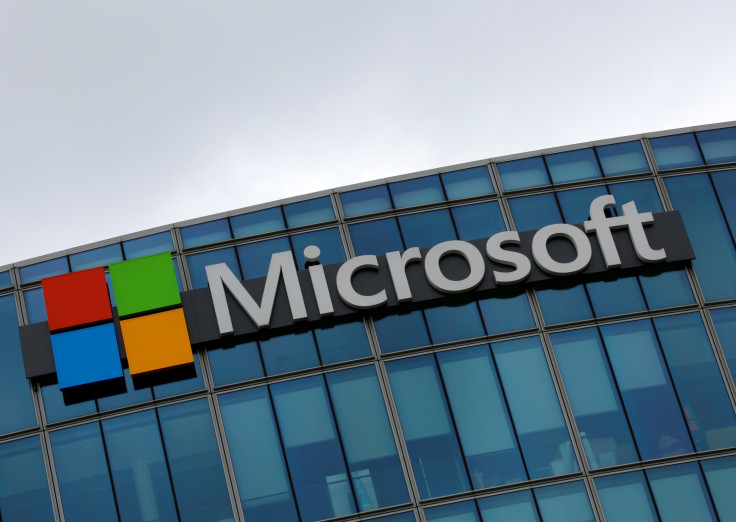Moscow To Replace Microsoft’s Products With Locally Made Alternatives As Putin Pushes For Technological Self-Sufficiency

In another step toward ending the country’s reliance on foreign technology, officials in the Russian capital of Moscow announced that they would replace certain Microsoft products with locally created alternatives.
According to Bloomberg, which cited Artem Ermolaev, head of information technology for Moscow, and Russia’s Communications Minister Nikolay Nikiforov, the city will initially replace Microsoft Exchange Server and Outlook on 6,000 computers with an email system developed by the state-run Rostelecom PJSC. Next year, it may also consider installing software developed by New Cloud Technologies — a Russian software vendor — on 600,000 systems.
Even Microsoft Office and Windows may be replaced with homegrown versions eventually, Ermolaev reportedly said.
“We want the money of taxpayers and state-run firms to be primarily spent on local software,” Nikiforov reportedly said, adding that starting next year, officials “will be tightening their grip” on state-run institutions that do not opt for domestic alternatives.
He added that government institutions had been spending roughly 20 billion rubles ($310 million) every year on foreign software, even though several Russian companies were ready to provide their services to the government.
Russian President Vladimir Putin began his push for “digital sovereignty” last year, when companies such as PayPal and Google, responding to Russia’s annexation of Crimea, blocked some of their services in the Black Sea peninsula.
Several western companies, including Microsoft and Oracle, were also forced to move out of Russia’s domestic software market — estimated to be worth roughly $3 billion in 2015 — after the United States and the European Union imposed a raft of sanctions on Russian businesses and officials.
Use of foreign software has also become less lucrative as a weak ruble makes their import relatively more expensive.
In addition, Russia has repeatedly aired security concerns over the use of foreign software in the country, and has, in the past, accused American tech companies of spying for the U.S. government.
“The US, which presents itself as a bastion of democracy, has in fact been carrying out minute-by-minute surveillance of tens of millions of citizens of Russia and other countries,” Sergei Zheleznyak, a member of the ruling United Russia party, who was blacklisted by the U.S. in 2014, said in 2013. “All the main internet companies that were formed in the US are involved in this ugly story, and these companies operate on the territory of our country.”
© Copyright IBTimes 2024. All rights reserved.






















